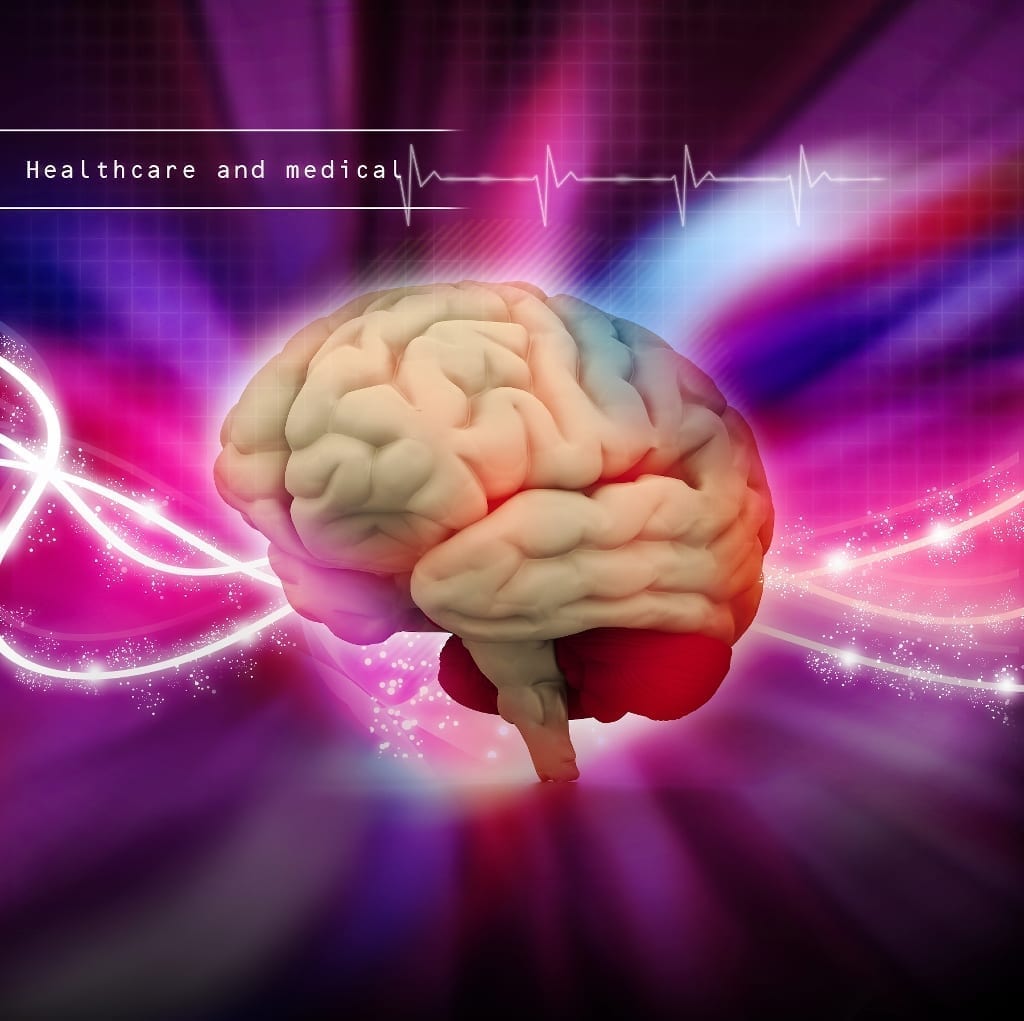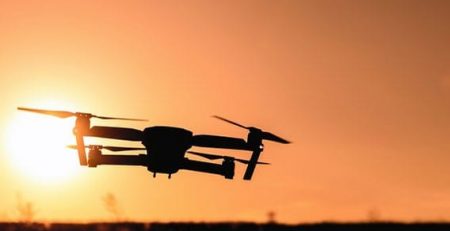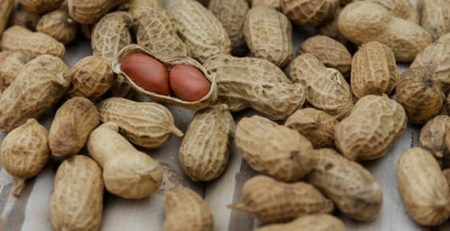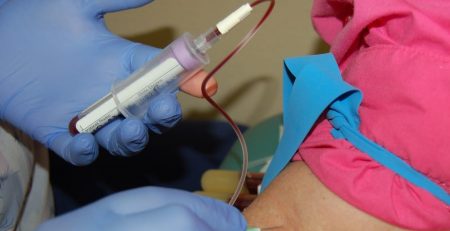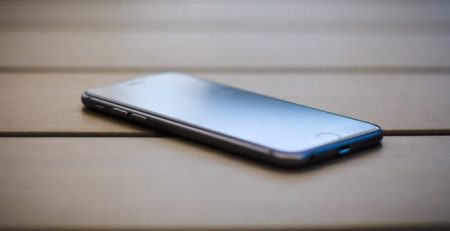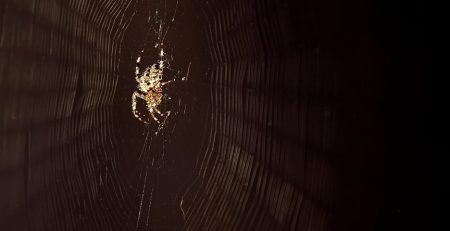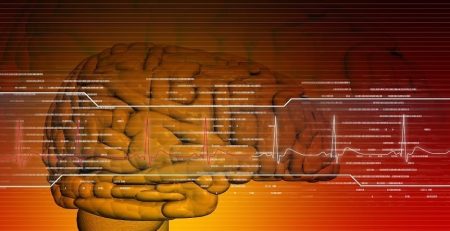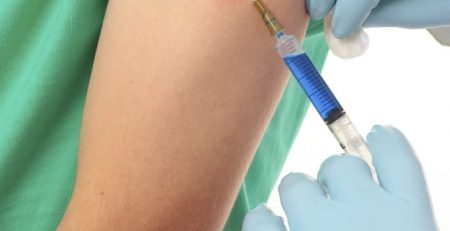Brain Will “Eat Itself” When Sleep Deprived
It’s no secret that sleep is important – but a new study, recently published in the Journal of Neuroscience suggests that “chronic sleep deprivation can make the brain “eat itself,” as the cells that digest cellular debris go into overdrive,” IFLScience.com reports.
For this study, a team of researchers tested four groups of mice. The first group was allowed to sleep for as long as they wanted, the second were periodically woken up, the third stayed awake for an extra eight hours, and the fourth were sleep-deprived for five days in a row. They then examined two cells that play a huge roll in removal of toxic byproducts from the brain while we sleep – microglia cells (that ingest waste products from the nervous system), and astrocytes (that perform multiple tasks including pruning unnecessary synapses to help rewire the brain).
When examining these four groups of mice, researchers found that in the well-rested mice, astrocytes were active in 6% of the synapses. In the eight-hour group, astrocytes were active in 8% of synapses, and the sleep-deprived mice showed 13.5% activity. But what does all of this mean?
“We show for the first time that portions of synapses are literally eaten by astrocytes because of sleep loss,” neuroscientist Michele Bellesi from the Marche Polytechnic University in Italy told New Scientist. The team did not specify whether this was helpful or detrimental.
The team also found that the microglia were also active, but only in the sleep-deprived mice. This is a “sustained activation previously linked to Alzheimer’s and other forms of neurodegeneration.” The researchers believe these findings suggest that “extended sleep disruption may prime microglia and perhaps predispose the brain to other forms of insult.”




